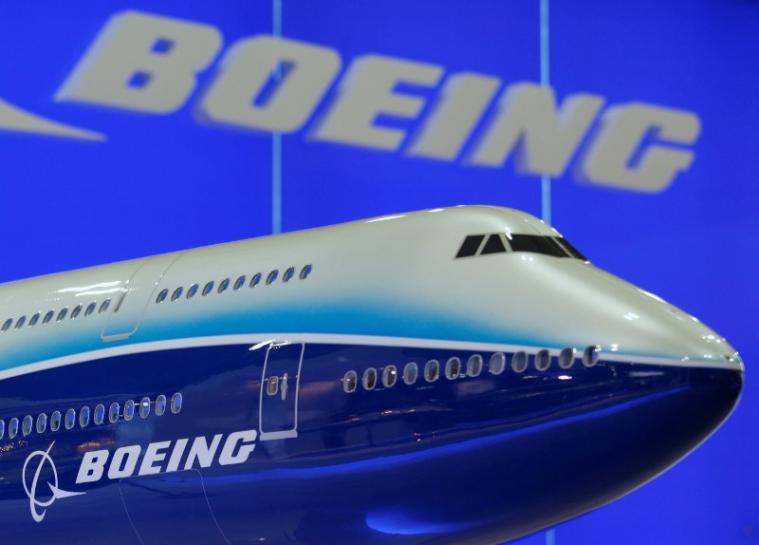Boeing Co must decide by the end of this week whether to take part in a multi-billion-dollar race to supply Canada with fighter jets, even as the U.S. company’s relationship with Ottawa has soured due to a trade dispute.
Although a U.S. trade commission on Jan. 26 dismissed Boeing’s complaint that Canadian plane maker Bombardier was dumping airliners on the American market, it is far from certain the ruling will be enough to placate Canada.
That could well influence the company’s decision on bidding on a contract for 88 jets worth between C$15 billion ($12.1 billion) and C$19 billion, people familiar with the matter said.
Boeing Chief Executive Dennis Muilenburg said in a post earnings call last week the company will wait to see the commission’s reasoning, coming later this month, “to make decisions on our path forward.”
The company declined to comment further.
Boeing has until Feb. 9 to express an interest in taking part in the Canadian jet competition, failing which it will be excluded from the bidding process.
At stake could be billions of dollars of defense procurement orders at a time when Canada is ramping up military spending over the next decade. Boeing says it supports some 17,000 jobs in Canada.
The dispute also has weighed on the crucial NAFTA modernization talks, which have dragged on for months.
Although government officials say the competition will be open, they have privately made it clear that Boeing needs to drop the Bombardier challenge and talk of an appeal to stand a better chance of winning the jet contract, say sources familiar with the matter.
“A lot of things would be better if they did that,” said one source who declined to be identified given the sensitivity of the situation.
Frosty relationship
There are signs the relationship between Boeing and Ottawa remain frosty. Boeing did not send its own staff to a meeting between the Canadian government and industry held in January to discuss the jets contract, the sources said.
Boeing said its F-18 Super Hornet was represented by the U.S. Defense Security Cooperation Agency, the Pentagon unit that implements foreign arms sales. U.S. foreign military sales are often negotiated between the U.S. government and each customer nation.
Lockheed Martin Corp, Dassault Aviation SA and Airbus SE also are expected to compete.
Canada is part of the consortium that helped develop Lockheed’s F-35 stealth fighter, although Prime Minister Justin Trudeau said during his successful 2015 election campaign that he would not buy the plane because it was too expensive.
Canadian Defence Minister Harjit Sajjan, who has said Boeing has not behaved like a trusted partner, did not answer directly last Tuesday when repeatedly pressed as to how the aerospace giant could get back into Ottawa’s good books.
Ottawa says the bids will be evaluated in part on the basis of “past and recent economic behavior of potential bidders leading up to the procurement.”
That test is months away from being finalised, meaning Boeing has no idea whether Ottawa would be satisfied if it did drop the challenge, sources said.
A company’s submission will be evaluated not just on the economic test but on a number of factors including, price and military capability, one of the sources said.
While Boeing has repeatedly said it will not take reprisals against its Canadian supply chain and workforce, the dispute between Boeing and Canada worries aerospace suppliers who fear they could lose future contracts, an industry source familiar with the matter said.
Canada’s aerospace industry is a major employer in Quebec, a politically valuable province for Trudeau, who is facing elections in 2019.






